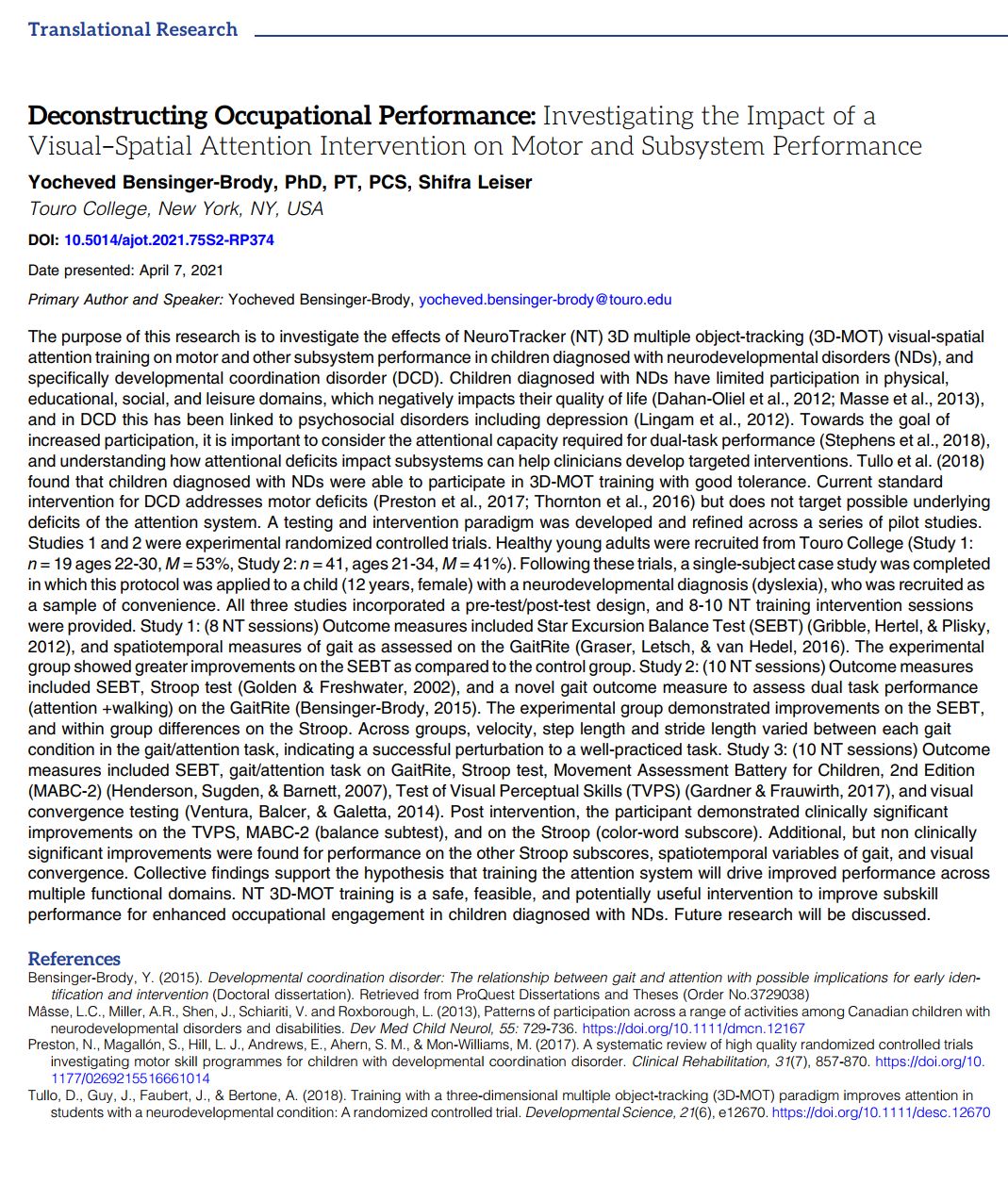Welcome to the Research and Strategy Services at in today's fast-paced.


It is a well-known fact that cognition and memory deteriorate with age. Sometimes, elderly people develop Alzheimer's disease and dementia, which can further compound the problem. However, a technique has been framed that can help someone with the problems above, and it is called Cognitive Stimulation Therapy (CST). The main aim is to make people who have dementia socialize and have a continuous learning curve despite their liabilities. This method has been approved by quite a few health care workers around the world.
It basically involves activities that are done following a particular theme and are either provided to a single individual or demonstrated to a group. Treatment centers like hospitals and different daycare places can be the areas of implementation of Cognitive Stimulation Therapy. Since it is a very simple form of intervention, it does not need a lot of expertise, and someone can even practice it at the comfort of their own without any help per se.
CST has had global implications in recent times, with many places in Europe adapting. Some places like the US is modifying the guidelines so that it suits their requirements.
The first thing that a group providing Cognitive Stimulation Therapy does is formulate a popular name for itself. The next thing is to have a song that can uplift everyone's mood in a session. It is followed by a small physical activity like a simple exercise that everyone can do. Following all of this, a communication may be initiated, and the facilitator may ask the people present in the group to talk about holidays or vacations that they might have gone to in the past.
This helps in refreshing the memories and brings forward new and innovative ideas. Since most of the participants are of the geriatric age group, they can be asked to compare many things to how it was during their time. The main aim of it is to stimulate learning and mental abilities and sometimes as simple as reading can do the job for you. There are no set rules for this; a group progresses as and when it happens.
Psychology professors Martin Orell and Amy Specter, and Bob Woods formulated this therapy for the first time in the 1990s when they wanted to find a non-pharmacological solution for dementia and Alzheimer's disease. They concluded that the benefits reaped from CST were almost equivalent to what was achieved through medications.
Thus, it can be said that it is quite an important treatment modality, irrespective of whether it is taken as an adjuvant to medicine. It is also an effective post-retirement. If you look for retirement communities near me on the Internet, you are more likely to get redirected to centers that use CST.
The scheduling of the class requires the group to assemble for two sessions in a week, and it is continued in this pattern for almost 7 weeks. Elderly people who have dementia can especially benefit from it. Sometimes, more challenging scenarios may get introduced. The health caregivers who implemented the CST also had found benefits as they improved their communication skill and the relationship that they formed with the people. Different sources of evidence suggest that CST has successfully improved the quality of life of many individuals.
The sessions generally last for around 45 minutes, and the activities are designed in such a way that it enhances the social interactive abilities of the people taking part in it. The group generally consists of 5-8 people. Various topics of interest include current affairs, recognition of faces and scenes, something related to art, categorization of different objects, using the money for brain wracking calculations, the retrospective recollection of events from childhood or other long term memories. All of them are planned for 7 weeks.
The benefits have quite a few scientific backings. People who enlisted for CST have shown signs of improvement in several aspects like their cognitive abilities, concentration and memory power, mood, and the ability to express themselves. The caregivers we're able to develop a cordial and more effective communication with their patients. Check with retirement communities nearby to see if they are already taking advantage of CST to help their residents.
As far as finances are concerned, CST is useful in that aspect and is not too heavy on the pocket and anyone can afford it. More than 55+ communities who enrolled for the 7 weeks course and follow it religiously have reported having an improved quality of life.
If you feel that you can potentially benefit from CST, do not wait anymore and do so immediately. The benefits of it are going to make it worth it.
Holly is a pet lover who owns a dog and loves to write about everything related to pets. She is a frequent writer and contributor to top online pet publications and blogs, including Faith Based Assisted Living and Pet Friendly Senior Living.
If you'd like to learn more about the health benefits of cognitive interventions, also check out this blog.
5 Benefits of Cognitive Training








Welcome to the Research and Strategy Services at in today's fast-paced.

If your thinking feels slower than usual, it doesn’t automatically mean something is wrong. This guide explains common short-term causes, normal cognitive variability, and how to interpret changes calmly over time.

Many professional roles require cognitive performance to be sustained over long periods rather than demonstrated briefly. This article explains how sustained cognitive load shapes performance in knowledge-work and monitoring environments.

An overview of the important interpretational difference between temporary changes in brain state, and durably lasting changes in cognitive capacities.
.png)